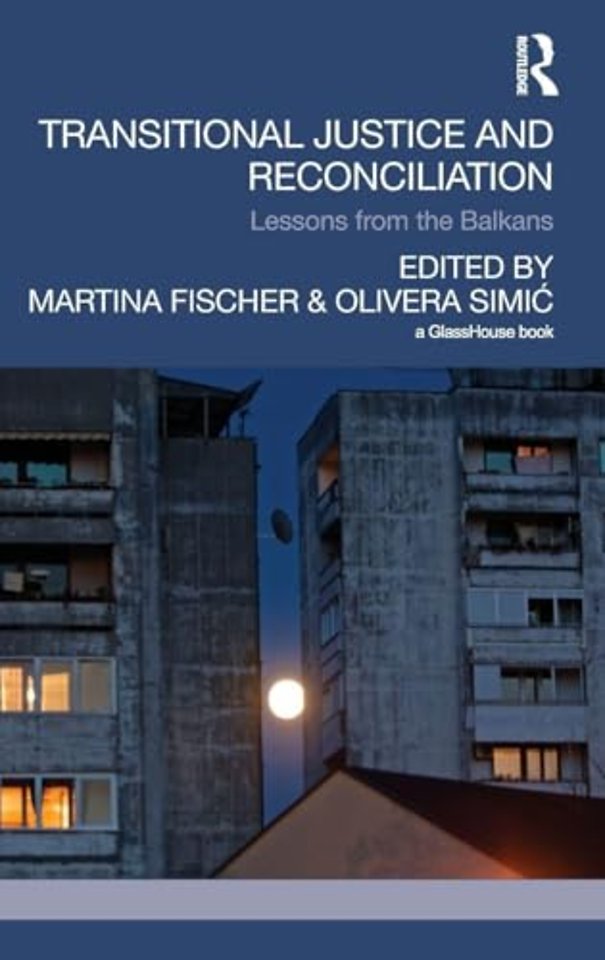Transitional Justice and Reconciliation
Lessons from the Balkans
Samenvatting
Scholars and practitioners alike agree that somehow the past needs to be addressed in order to enable individuals and collectives to rebuild trust and relationships. However, they also continue to struggle with critical questions. When is the right moment to address the legacies of the past after violent conflict? How can societies address the past without deepening the pain that arises from memories related to the violence and crimes committed in war? How can cultures of remembrance be established that would include and acknowledges the victims of all sides involved in violent conflict? How can various actors deal constructively with different interpretations of facts and history?
Two decades after the wars, societies in Bosnia, Serbia and Croatia – albeit to different degrees – are still facing the legacies of the wars of the 1990s on a daily basis. Reconciliation between and within these societies remains a formidable challenge, given that all three countries are still facing unresolved disputes either at a cross-border level or amongst parallel societies that persist at a local community level.
This book engages scholars and practitioners from the regions of former Yugoslavia, as well as international experts, to reflect on the achievements and obstacles that characterise efforts to deal with the past. Drawing variously on empirical studies, theoretical discussions, and practical experience, their contributions offer invaluable insights into the complex relationship between transitional justice and conflict transformation.
Specificaties
Net verschenen
Rubrieken
- aanbestedingsrecht
- aansprakelijkheids- en verzekeringsrecht
- accountancy
- algemeen juridisch
- arbeidsrecht
- bank- en effectenrecht
- bestuursrecht
- bouwrecht
- burgerlijk recht en procesrecht
- europees-internationaal recht
- fiscaal recht
- gezondheidsrecht
- insolventierecht
- intellectuele eigendom en ict-recht
- management
- mens en maatschappij
- milieu- en omgevingsrecht
- notarieel recht
- ondernemingsrecht
- pensioenrecht
- personen- en familierecht
- sociale zekerheidsrecht
- staatsrecht
- strafrecht en criminologie
- vastgoed- en huurrecht
- vreemdelingenrecht

